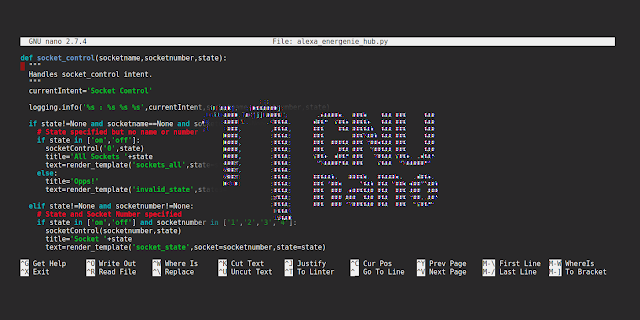Online game: Have you ever wondered what your child is talking about at the dinner table when he starts saying things like "VR" or "RPG"? If so, you are not alone. "VR" and "RPG" are not new text messaging acronyms - they are acronyms for gaming and this article will introduce you to some of the more common forms.
If you at least think of the Internet when you hear "VR" or "RPG," you're on the right track. Exclusive to online environments, "VR" or "RPG" - which stands for virtual reality games and role-playing games - are just two aspects of the game world going wild. The days of playing scrabble in front of the fireplace are over in today's generation, but we can't believe you're going to hear too many people moaning about it. The current generation is fascinated by online gaming - the opportunity to play games over the Internet with hundreds of people at once.
Available to anyone with a computer and a fast internet connection, there are thousands of online games available for anyone to play...sometimes free and sometimes paid. From the familiar family board games to the odd and more complicated games that require a hundred page manual to understand. One thing they have in common is that they are fun to play with.
The most common types of online games you may encounter are Flash games - usually found on educational sites or Yahoo! for children for example. These games may or may not involve other players, but they are always colorful, fast to download, and fun to play. Since they run inside a web browser, no special equipment is required. It's a simple game - more interesting than chess, but no more difficult to play than chess.
Other types of online games are more violent than we described above and are similar to the type of "shoot-em-up" games found on the first Nintendo and Playstation systems. Designed from a first-person perspective, the player typically maneuvers around the screen as a weapon-wielding hand - periodically changing weapons according to the game scenario. The violence in these games varies from mild to offensive, and as a parent, you are warned to monitor your children's access to the game - especially as it is played online with other people.
Next, in terms of complications or violence, comes the virtual reality gaming and role playing games that we introduced earlier. This type of game requires a lot of time spent online as the player takes on the role of a game character in the game. Players work hard to build up an inventory of weapons or skills - none of which can be completed in thirty minutes or less. They then proceed to interact with other characters which extends the game time even longer (even if stopped). Both virtual reality and role-playing games require and encourage strategic thinking, but as a parent, you may not be comfortable with the violence that is prominent in some of these games. You may also be comfortable with the amount of time spent playing these kinds of games. Depending on the complexity of the game, everyone can spend at least six months in the game and having access to thousands of other players at the same time doesn't make it easy for them to leave.
Our best advice is to learn about this game with your child and make a decision to play it (or not to play it) together. You can find some useful advice about making computer decisions with children in our article entitled, "Protecting Children Online."


















